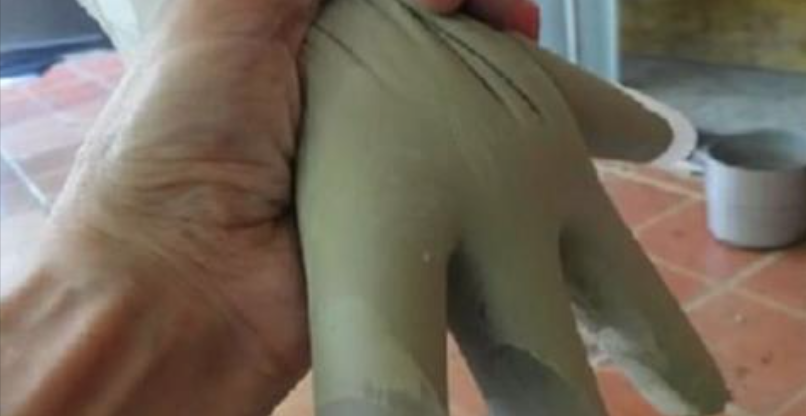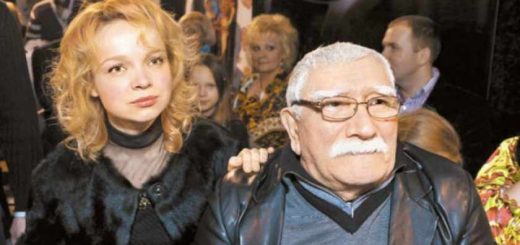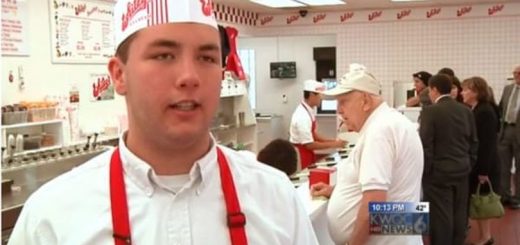The boy’s head snapped up, his eyes a battlefield where suspicion warred with a desperate, undeniable hunger.
— “It’s really no problem,” Olivia assured him gently. “Brenda gets her tickets mixed up sometimes. It’s better that someone enjoys it, right?”
She turned and walked away before he could formulate a protest, watching from the refuge of the service counter as he hesitantly, almost reverently, picked up his fork. Ten minutes later, she returned to his table. The plate was wiped clean, and his eyes were once again locked on the pages of his book—a deliberate act of avoidance that tugged at her heart.
— “Thank you,” he whispered as she cleared the empty dish.
It became their silent pact. Every morning, Olivia would arrive at his table with a “mistaken” order or an “extra” portion the cook had supposedly made. One day it was a stack of pancakes, the next it was scrambled eggs with toast. As the autumn mornings grew colder, she brought him steaming bowls of oatmeal swirled with brown sugar.
The boy never asked for a thing. His conversations were limited to that quiet, two-word expression of gratitude. But he devoured every morsel, sometimes with a speed that suggested a deep-seated fear that the food might vanish before he was finished.
— “Who’s the kid you keep feeding?” Frank, a retired mail carrier and a permanent fixture at the counter, asked her one morning. “Never see any folks with him.”
— “I don’t know,” Olivia admitted, wiping down the counter. “But I know he’s hungry.”
After the third week, Brenda, the pragmatic grill cook, pulled Olivia aside in the storeroom.
— “You’re feeding a stray, Liv,” she said, her tone less accusatory than cautionary. “I’ve seen it a hundred times. You give handouts, they start to expect it. Then one day, they’re just gone. They always disappear.”
Olivia didn’t bother to argue. She just offered a small shrug and a quiet confession.
— “It’s alright. I used to be that hungry, too.”
It was the most she had ever revealed about herself in the three years she’d worked at The Morning Glory.
The boy never offered his name, and Olivia instinctively knew not to ask. There was a guardedness about him—the methodical way he entered and exited, the way he positioned himself with a clear view of both the door and the window—that told her any questions would shatter their fragile trust and drive him away for good. So, she focused on the small comforts she could provide. She ensured his water glass was never empty, that the pancakes were always fluffy and warm, and that for forty precious minutes each day, the diner could be a sanctuary where he could simply breathe.
In the quiet lulls of the morning, when the boy was lost in his book, Olivia would let the unanswered whispers surface. Did he live nearby? Where was his family? Why did loneliness cling to him like a second skin? But she always pushed the thoughts away. She had learned long ago that kindness attached to conditions wasn’t real kindness.
She continued their unspoken arrangement, and she started to notice subtle changes. The tension in the boy’s shoulders began to ease from their constant, defensive hunch. The fleeting glance he gave her when she approached his table stretched from a fraction of a second to a full two. That small, incremental increase in eye contact was all the validation Olivia needed. It was proof that what she was doing, no matter how insignificant it seemed, truly mattered.
By the sixth week, her daily routine with the boy had not gone unnoticed by the other regulars. While most remained silent, a few couldn’t help but voice their opinions, often laced with the particular brand of cruelty reserved for those who have forgotten the sting of needing help.
— “Playing Mother Teresa on company time?” a businessman sneered one morning, his tone dripping with disdain. “These kids today feel entitled to a handout.”
— “Times have certainly changed,” another regular chimed in. “Back in my day, nobody gave you a free meal just for looking pitiful.”
Olivia heard the remarks, but she let them roll off her. Experience had taught her that defending an act of compassion only served to harden the hearts of its critics.
However, Mr. Henderson, the diner’s perpetually stressed manager, was not as easy to dismiss. He summoned her to the cramped office behind the kitchen one morning, his face grim.
— “I’ve seen what you’re doing with that kid,” he stated, his fingers drumming a nervous rhythm on the desk. “Olivia, I can’t have my staff giving away food. It’s bad for the bottom line, and it creates a bad precedent.”
Olivia’s hands twisted the fabric of her apron.
— “I understand, sir. I’ll pay for it myself.”
Mr. Henderson’s eyebrows shot up in surprise.
— “With your tips? You barely make rent as it is.”
— “It’s my choice,” Olivia said, a quiet resolve in her voice that made him pause. “It’s just one meal a day. I can handle it.”
He studied her for a long moment before letting out a heavy sigh.
— “Fine. But if it impacts your work, or if that kid causes a single problem, this arrangement is over. Do you understand?”
Olivia nodded, a wave of relief washing over her. She had been prepared for a firing, but this was a compromise she could live with. From then on, a small portion of her daily tips—money that could have gone toward a new winter coat or a long-overdue dental visit—was set aside to pay for the boy’s breakfast.
























































